Nelson Mandela: An Icon of Struggle and Reconciliation
Nelson Mandela was a towering figure in the annals of human history, a symbol of courage, resilience, and the unyielding pursuit of justice. Born Rolihlahla Mandela on July 18, 1918, in Mvezo, South Africa, he would rise to become the first black president of South Africa and a global icon of the anti-apartheid movement.
Apartheid, a system of racial segregation and discrimination, was the stark reality of South Africa during Mandela’s youth. It was a system that stripped black people of their fundamental human rights, relegating them to a life of oppression and inequality. Mandela, a young man imbued with a deep sense of injustice, could not reconcile himself with this brutal reality.
His journey into activism began in the 1940s when he joined the African National Congress (ANC), a political party dedicated to ending apartheid. His commitment to the cause grew, and he became increasingly involved in the organization’s more militant wing. In the 1960s, after a series of increasingly repressive measures by the apartheid government, Nelson Mandela was arrested and sentenced to life imprisonment for conspiring to overthrow the state.
Twenty-seven years of incarceration followed, a period during which Nelson Mandela became a symbol of resistance worldwide. His imprisonment did not break his spirit; instead, it forged an even stronger resolve. His unwavering belief in equality and democracy became a beacon of hope for millions oppressed by similar regimes.

Released in 1990, Mandela emerged from prison to lead the ANC in negotiations with the white government. His extraordinary ability to bridge divides and foster reconciliation was instrumental in South Africa’s transition to democracy. In 1994, he was elected president, marking a watershed moment for the nation.
Mandela’s presidency was characterized by a commitment to rebuilding the country and healing the wounds of apartheid. He introduced policies aimed at addressing racial inequality, poverty, and education. His leadership was marked by humility, forgiveness, and a vision of a united South Africa.
Beyond his political accomplishments, Mandela was a humanitarian whose impact extended far beyond his country’s borders. He was awarded the Nobel Peace Prize in 1993, a testament to his role in dismantling apartheid and promoting peace.
Nelson Mandela passed away on December 5, 2013, leaving behind a legacy that continues to inspire generations. His life story is a testament to the power of the human spirit and the enduring hope for a just and equitable world.
नेल्सन मंडेला मानव इतिहास के इतिहास में एक महान व्यक्ति थे, जो साहस, लचीलापन और न्याय की अडिग खोज के प्रतीक थे। 18 जुलाई, 1918 को दक्षिण अफ्रीका के म्वेज़ो में जन्मे रोलिहलाहला मंडेला दक्षिण अफ्रीका के पहले अश्वेत राष्ट्रपति और रंगभेद विरोधी आंदोलन के वैश्विक प्रतीक बन गए।
रंगभेद, नस्लीय अलगाव और भेदभाव की एक प्रणाली, मंडेला की युवावस्था के दौरान दक्षिण अफ्रीका की कठोर वास्तविकता थी। यह एक ऐसी प्रणाली थी जिसने अश्वेत लोगों को उनके मौलिक मानवाधिकारों से वंचित कर दिया, उन्हें उत्पीड़न और असमानता के जीवन में धकेल दिया। अन्याय की गहरी भावना से ग्रसित एक युवा मंडेला इस क्रूर वास्तविकता से खुद को नहीं जोड़ पाए।
सक्रियता में उनकी यात्रा 1940 के दशक में शुरू हुई जब वे अफ्रीकी राष्ट्रीय कांग्रेस (ANC) में शामिल हुए, जो रंगभेद को समाप्त करने के लिए समर्पित एक राजनीतिक दल था। इस उद्देश्य के प्रति उनकी प्रतिबद्धता बढ़ती गई और वे संगठन के अधिक उग्रवादी विंग में शामिल होते गए। 1960 के दशक में, रंगभेदी सरकार द्वारा लगातार दमनकारी उपायों के बाद, मंडेला को गिरफ्तार कर लिया गया और राज्य को उखाड़ फेंकने की साजिश रचने के लिए आजीवन कारावास की सजा सुनाई गई।
इसके बाद सत्ताईस साल की कैद हुई, इस अवधि के दौरान मंडेला दुनिया भर में प्रतिरोध के प्रतीक बन गए। उनके कारावास ने उनकी भावना को नहीं तोड़ा; इसके बजाय, इसने और भी मजबूत संकल्प को जन्म दिया। समानता और लोकतंत्र में उनका अटूट विश्वास समान शासन द्वारा उत्पीड़ित लाखों लोगों के लिए आशा की किरण बन गया।
1990 में रिहा होने के बाद, मंडेला श्वेत सरकार के साथ बातचीत में ANC का नेतृत्व करने के लिए जेल से बाहर आए। विभाजन को पाटने और सुलह को बढ़ावा देने की उनकी असाधारण क्षमता ने दक्षिण अफ्रीका के लोकतंत्र में परिवर्तन में महत्वपूर्ण भूमिका निभाई। 1994 में, वे राष्ट्रपति चुने गए, जिसने राष्ट्र के लिए एक महत्वपूर्ण क्षण को चिह्नित किया।
मंडेला के राष्ट्रपति पद की विशेषता देश के पुनर्निर्माण और रंगभेद के घावों को भरने की प्रतिबद्धता थी। उन्होंने नस्लीय असमानता, गरीबी और शिक्षा को संबोधित करने के उद्देश्य से नीतियां पेश कीं। उनके नेतृत्व की पहचान विनम्रता, क्षमा और एकजुट दक्षिण अफ्रीका के दृष्टिकोण से थी।
अपनी राजनीतिक उपलब्धियों से परे, मंडेला एक मानवतावादी थे जिनका प्रभाव उनके देश की सीमाओं से कहीं आगे तक फैला हुआ था। उन्हें 1993 में नोबेल शांति पुरस्कार से सम्मानित किया गया, जो रंगभेद को खत्म करने और शांति को बढ़ावा देने में उनकी भूमिका का प्रमाण है।
नेल्सन मंडेला का निधन 5 दिसंबर, 2013 को हुआ, उन्होंने अपने पीछे एक ऐसी विरासत छोड़ी जो पीढ़ियों को प्रेरित करती रहेगी। उनकी जीवन कहानी मानवीय भावना की शक्ति और एक न्यायपूर्ण और समतापूर्ण दुनिया की स्थायी आशा का प्रमाण है।
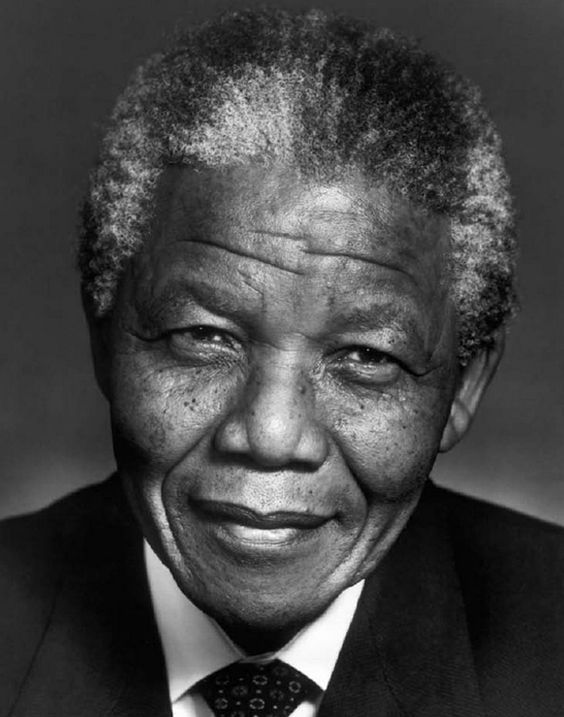


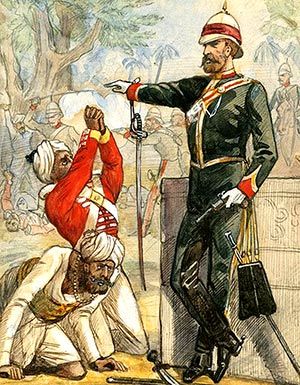


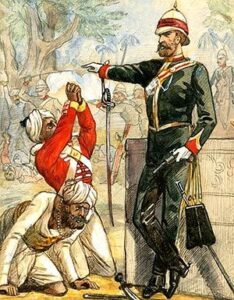


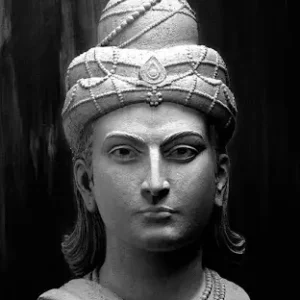
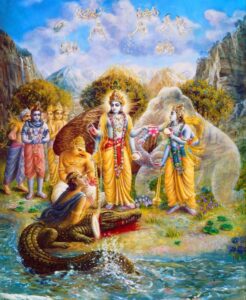



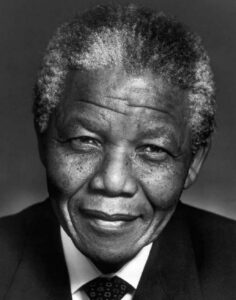
Post Comment